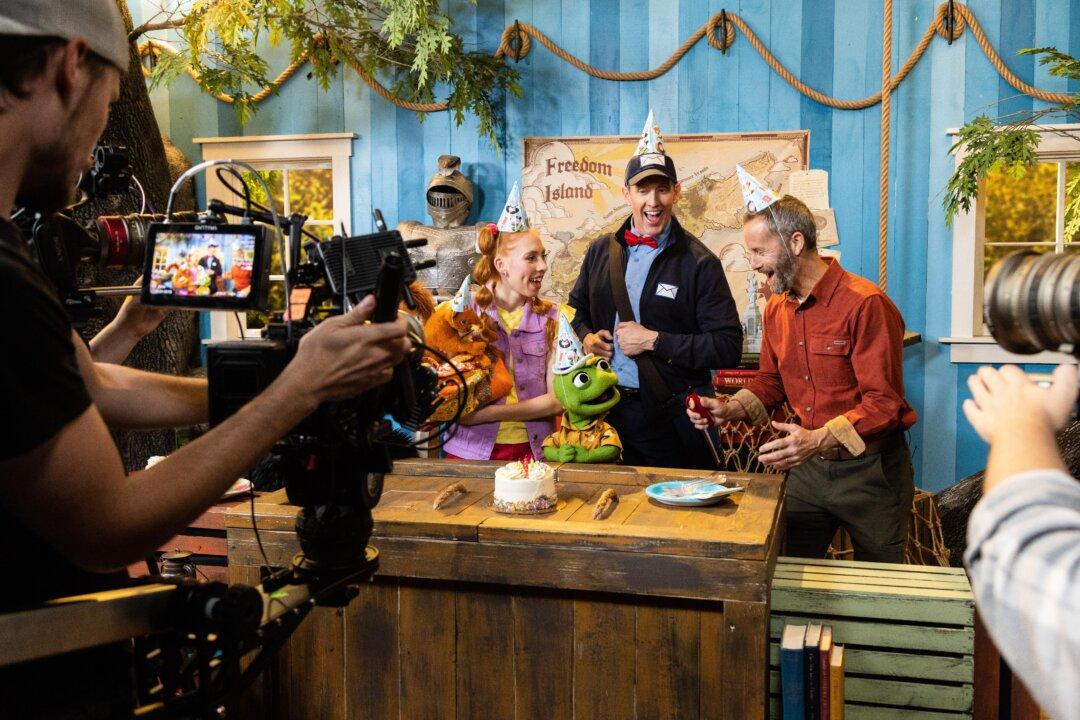G | 22min per episode | children | 2024
The new show “Adventures With Iggy and Mr. Kirk” aims to replace sexualized TV and streaming content aimed at children with entertaining content that’s truthful, uplifting, and founded on traditional family values. Parents who want their children to be upright teens and adults know the devastating effects of harmful content. Worryingly, they’re running out of wholesome alternatives. So, this series feels like a refreshing pushback against the ongoing war on children.





